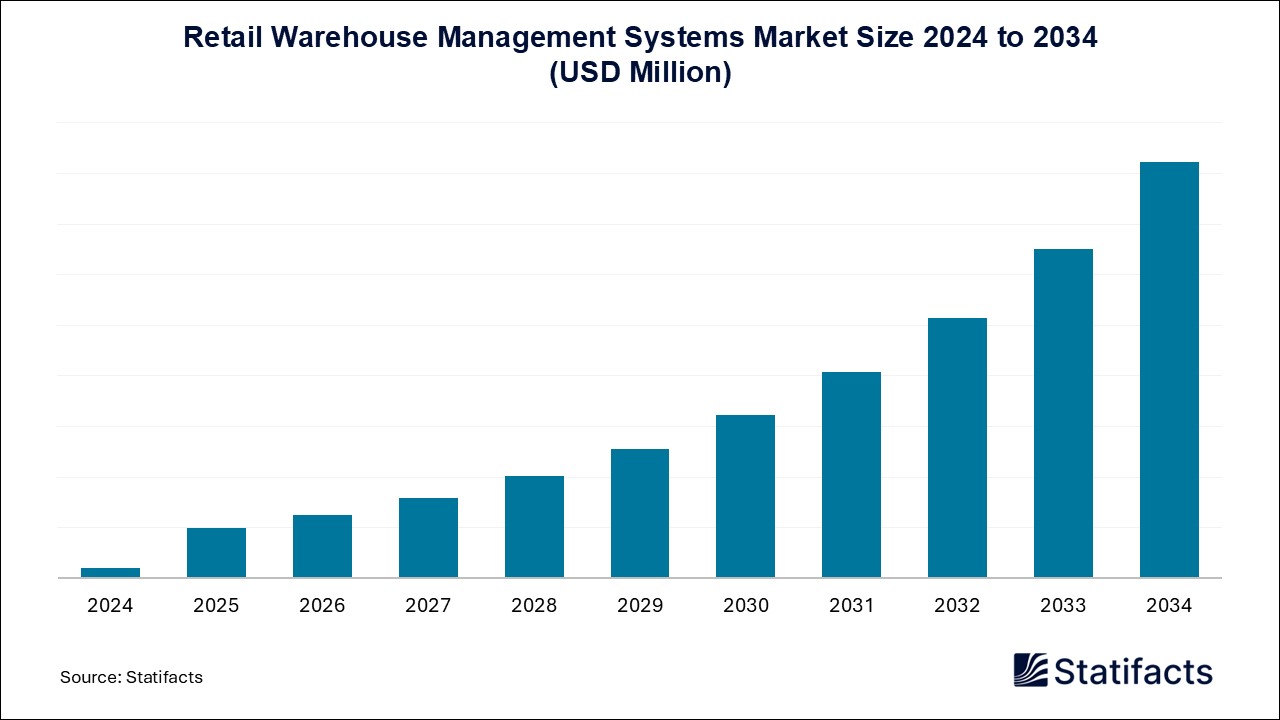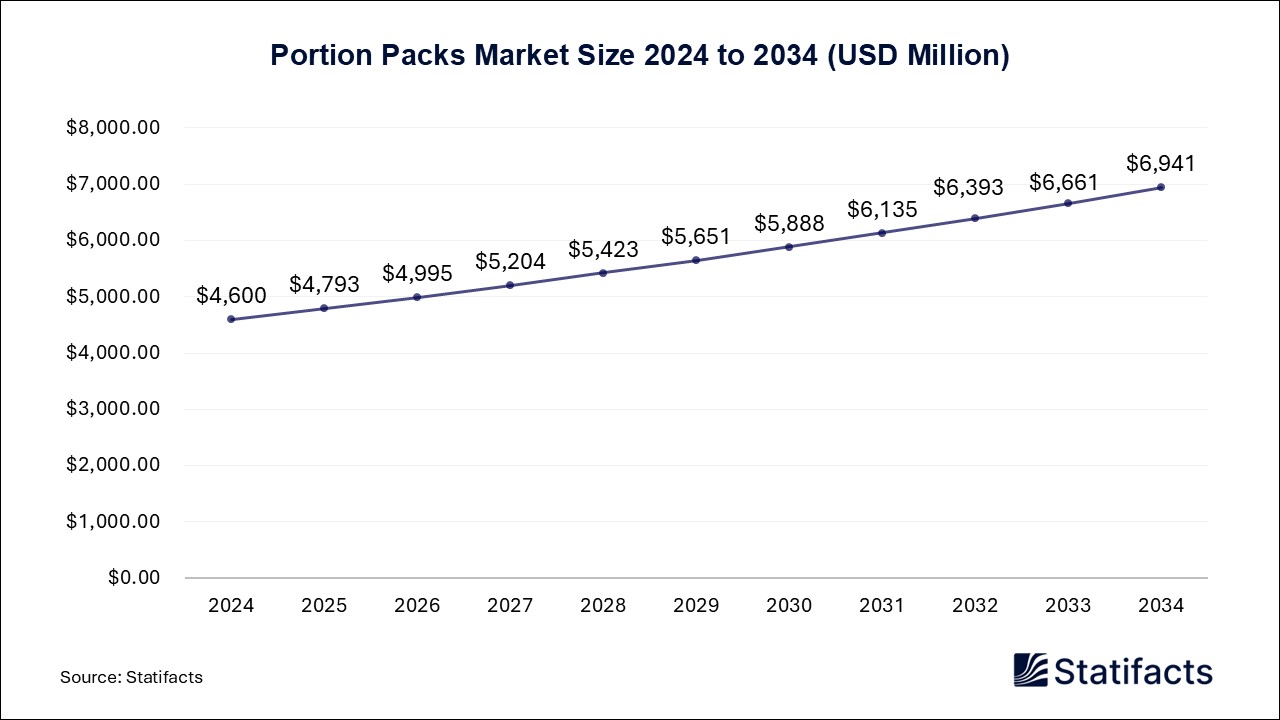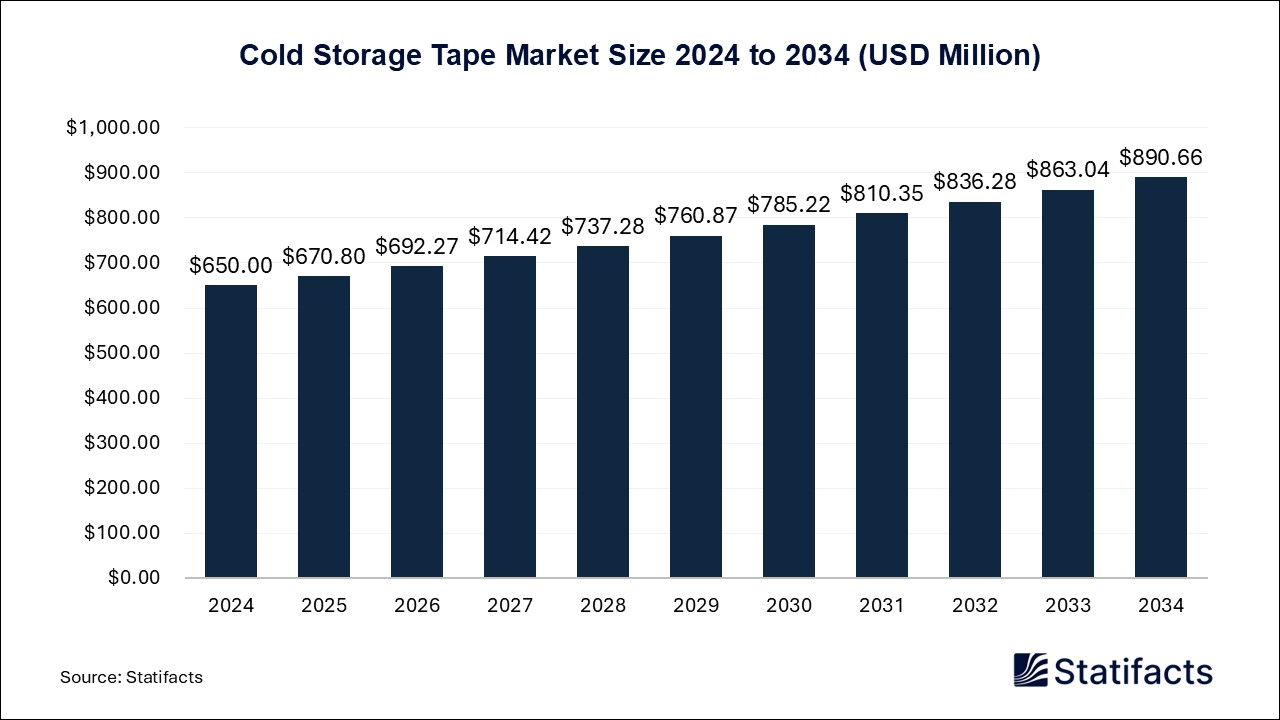

Our customers work more efficiently and benefit from
The global in-vitro toxicology testing market size was evaluated at USD 34,506 million in 2024 and is expected to grow around USD 99,758 million by 2034, registering a CAGR of 11.2% from 2025 to 2034.
| Industry Worth | Details |
| Market Size in 2025 | USD 3,8371 Million |
| Market Size by 2034 | USD 99,758 Million |
| Market Growth Rate from 2025 to 2034 | CAGR of 11.2% |
The in-vitro toxicology assays market uses a number of different laboratory methods to assess the toxicity of chemical substances, pharmaceuticals, and other biochemicals on cultured cells or biological macromolecules in a controlled environment. The tests are excellent tools in the assessment of unwanted biological activity without the ethical dilemma and biological limitation of animal tests. They find extensive application in the pharmaceutical, cosmetic, food, and chemical industries for preclinical screening, safety profiling, and regulatory support.
The global in-vitro toxicology assays market is now a significant component of modern biomedical and pharmaceutical research. It is a critical tool for drug safety, environmental toxicity testing, and consumer product testing. The market provides room for different kinds of applications like systemic toxicity, dermal and ocular toxicity, genotoxicity, and endocrine disruption studies. High-through screening technologies, 3D cell culture models, and organ-on-chip innovations are also expanding its reach in toxicology assessment.
Two principle drivers are fueling the exponential expansion of this market. Firstly, growing regulatory pressure and moral concerns over animal testing have urged industries and institutions to seek in-vitro strategies. Regulatory bodies such as the US FDA, OECD, and ECHA increasingly support alternative testing paradigms. Secondly, technology advancements in the form of automation, I integration, efficiency and reproducibility of these assays. The figures quoted earlier reflect the increasing significance of the market as a scientific and commercial opportunity.
Dr. Hogberg noted about the Fifth International Conference on Developmental Neurotoxicity Testing (DNT5), “We’re conducting meetings were focused on new approach methodologies (NAMs) to replace animal experiments for testing chemicals that might cause DNT. Specifically, they focused on what needs to be done to advance NAMs so they can be used for regulatory testing of chemicals, pesticides, and consumer products.”
North America
North America will keep up to dominate the global In-vitro toxicology assays market, holding around 47.7% of the total share as of 2024. This leadership is inspired by a robust health care infrastructure, government funding and strict regulatory support promoting options to animal testing. Controlling bodies like the FDA and EPA play a crucial role by encouraging the adoption of legal testing solutions. Comparatively, the big companies like Thermo Fisher Scientific and Charles River Laboratories are improving research and development initiatives, which will secure the future for the next innovations.
Europe
Europe stays a close candidate, fueled by its firm dedication to ethical testing standards. The European Union's ban on animal testing in cosmetics along with regulatory support like REACH has pushed In-Vitro methods into main mainstream. Nowadays, many countries are willing to invest in pharmaceutical research companies that are leading the charge in sustainable and cruelty-free lab practices. For example, Germany, France, and the UK.
Asia–Pacific
Asia Pacific is emerging as the fastest growing region in the market. Key factors include significant healthcare investments, the fast growth of the pharmaceutical sector, and the rise of the biotech startups. In particular, India stands out as an important contributor. With its expanding generic drug industry with increasing government support, and a growing ecosystem of Contract Research Organizations (CROs), India is quickly becoming a hub for advanced, non-animal testing methods.
The In-Vitro toxicology testing market is relatively consolidated, with several large players and numerous small players, and this has led to a competitive market driven by technology developments as well as regulatory pressure.
This competition is due to increased regulatory support for non-animal test technologies, technological progress, and increased emphasis on early-stage toxicity identification in the development of pharmaceuticals. The market growth is also driven by the growing demand for safer and more ethically acceptable testing methods in other sectors like pharmaceuticals, cosmetics, and chemicals.
This company offers a broad range of laboratory equipment, reagents, and consumables, including In-Vitro toxicology testing kits and services.
This company provides a wide array of analytical testing services, including in-vitro toxicology assays for pharmaceuticals, food, and environmental safety.
This company offers preclinical and clinical laboratory services, including In-Vitro toxicology testing drug discoveries and development services.
Published by Laxmi Narayan
For any questions about this dataset or to discuss customization options, please write to us at sales@statifacts.com
| Stats ID: | 8185 |
| Format: | Databook |
| Published: | April 2025 |
| Delivery: | Immediate |
| Price | US$ 1550 |





| Stats ID: | 8185 |
| Format: | Databook |
| Published: | April 2025 |
| Delivery: | Immediate |
| Price | US$ 1550 |
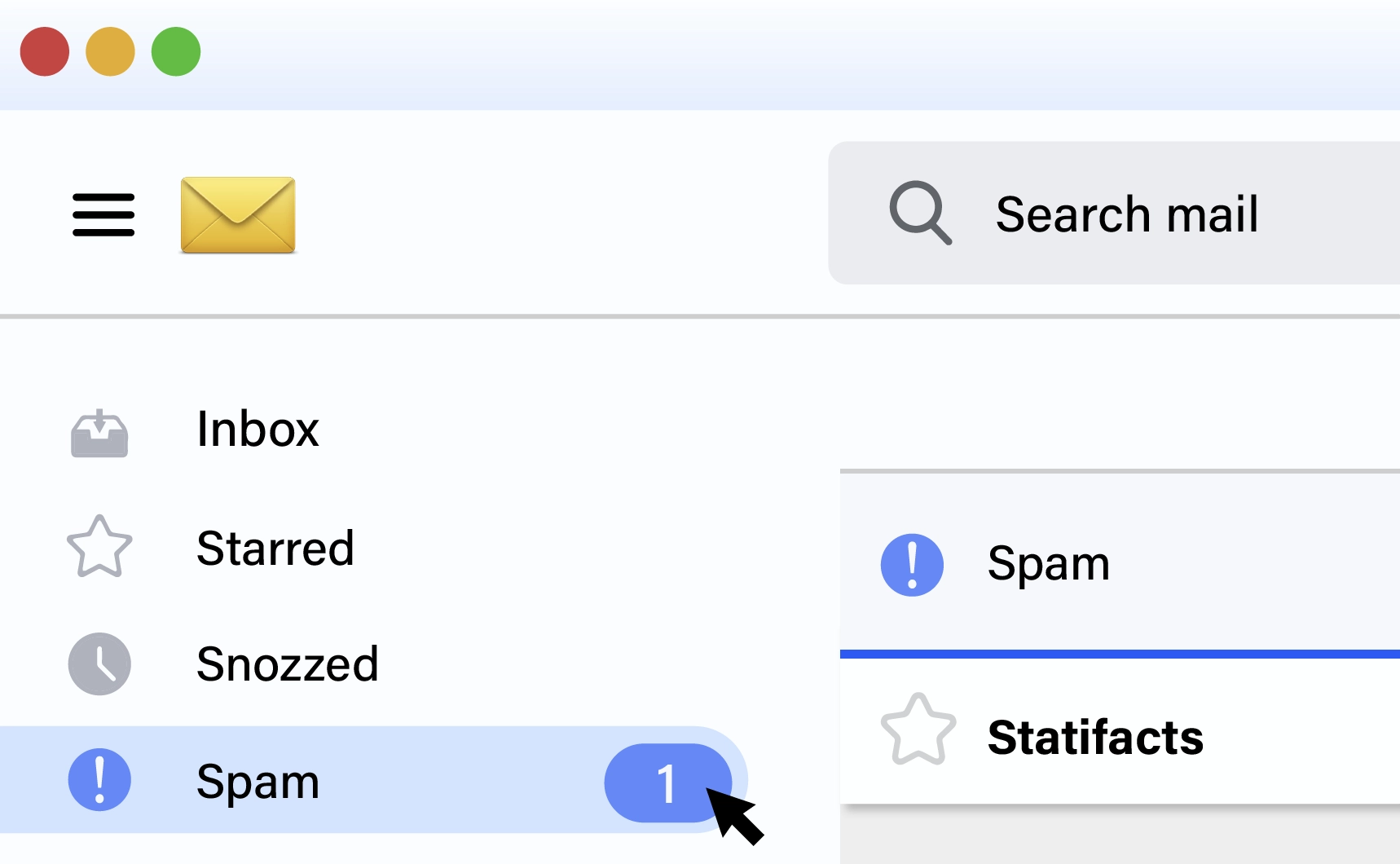
You will receive an email from our Business Development Manager. Please be sure to check your SPAM/JUNK folder too.
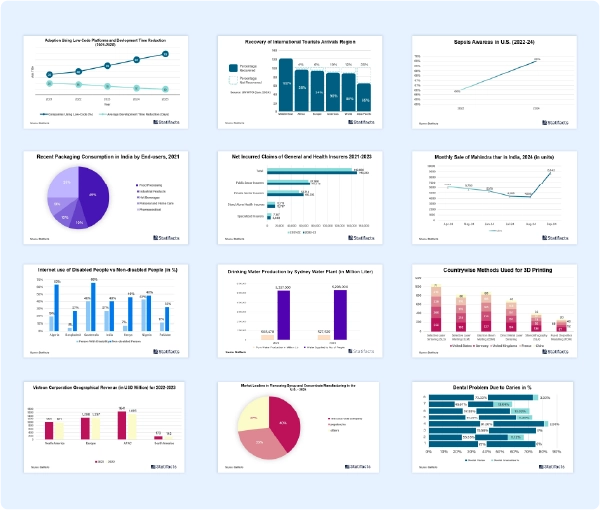
Unlock unlimited access to all exclusive market research reports, empowering your business.
Get industry insights at the most affordable plan
Stay ahead of the competition with comprehensive, actionable intelligence at your fingertips!
Learn More Download
Download